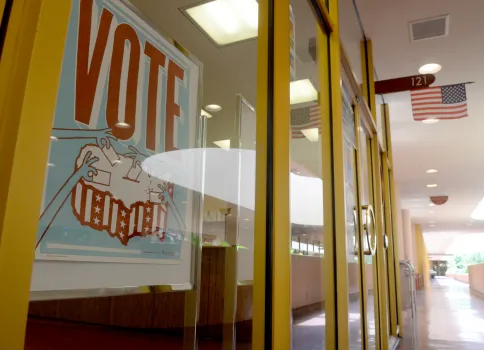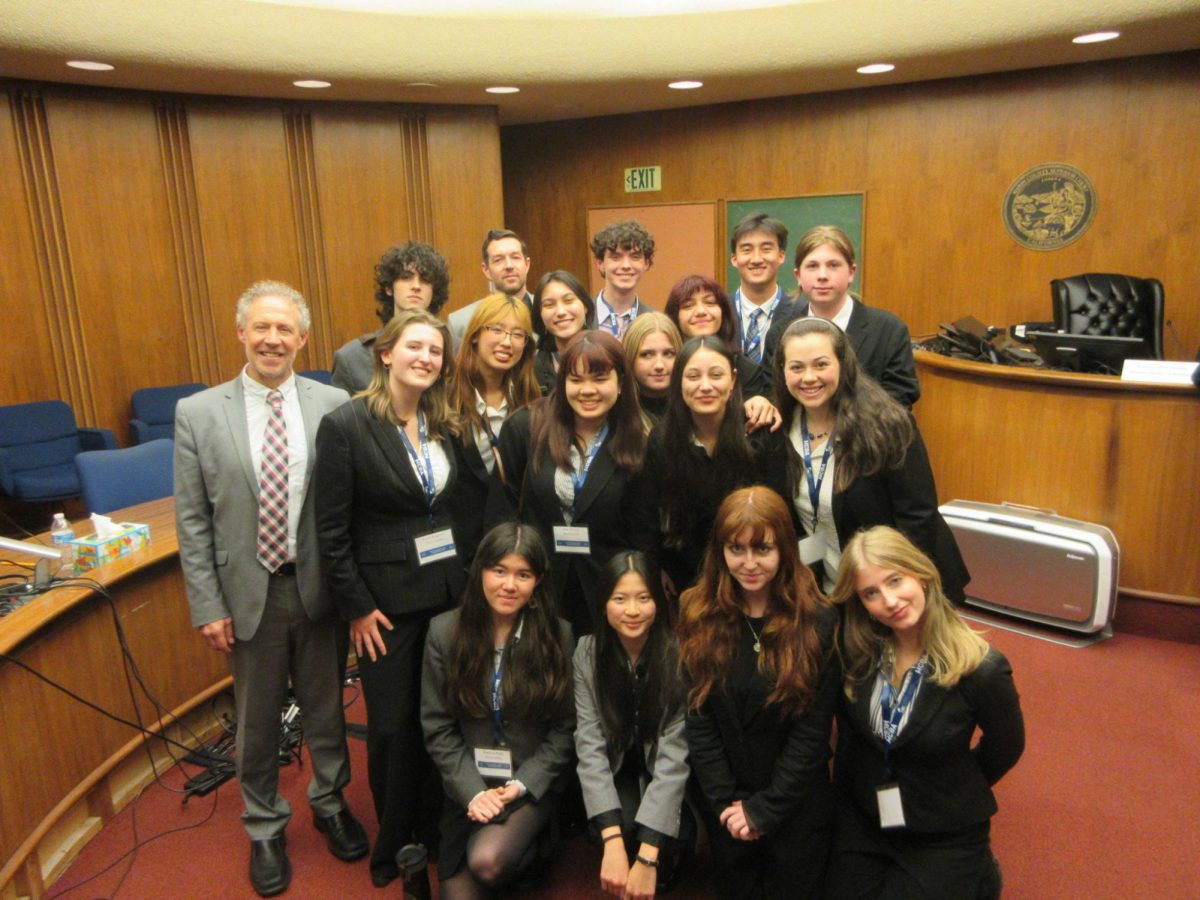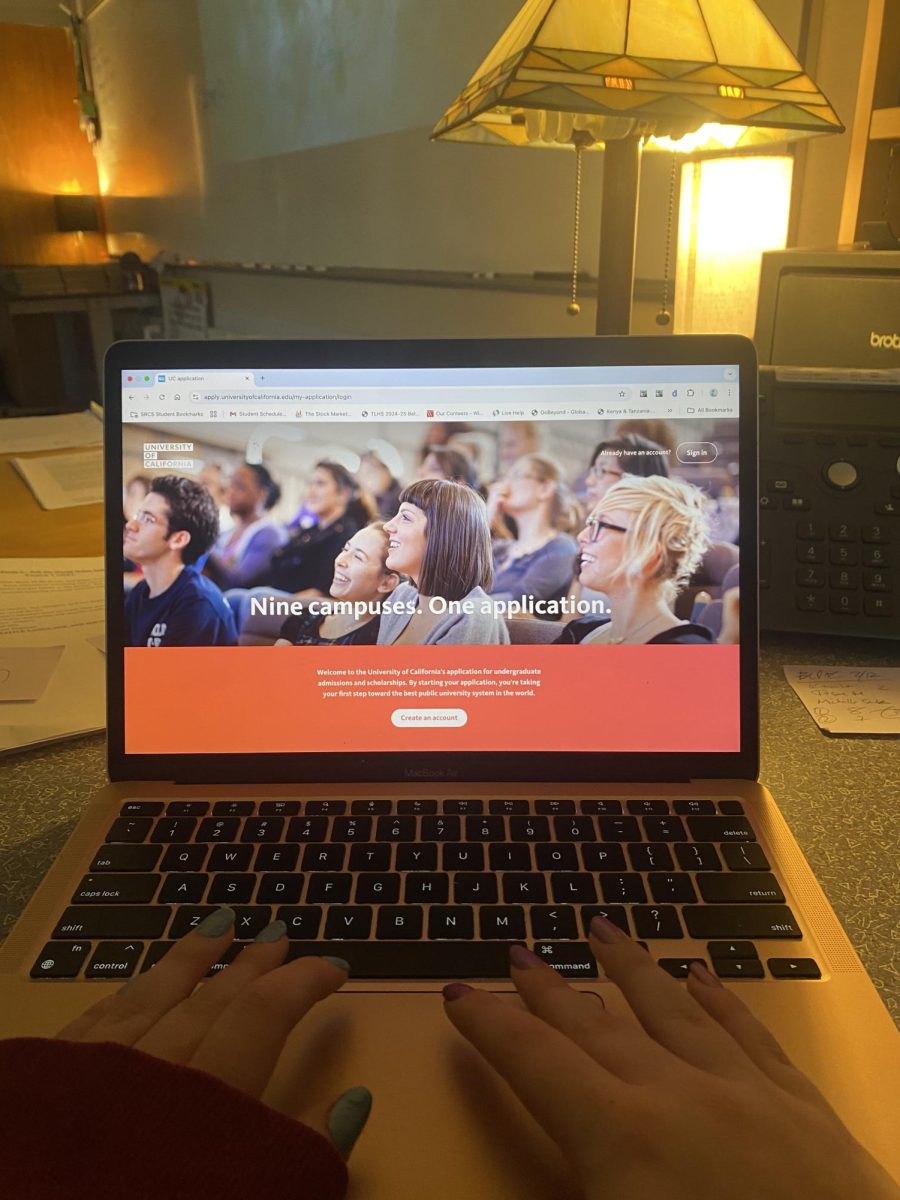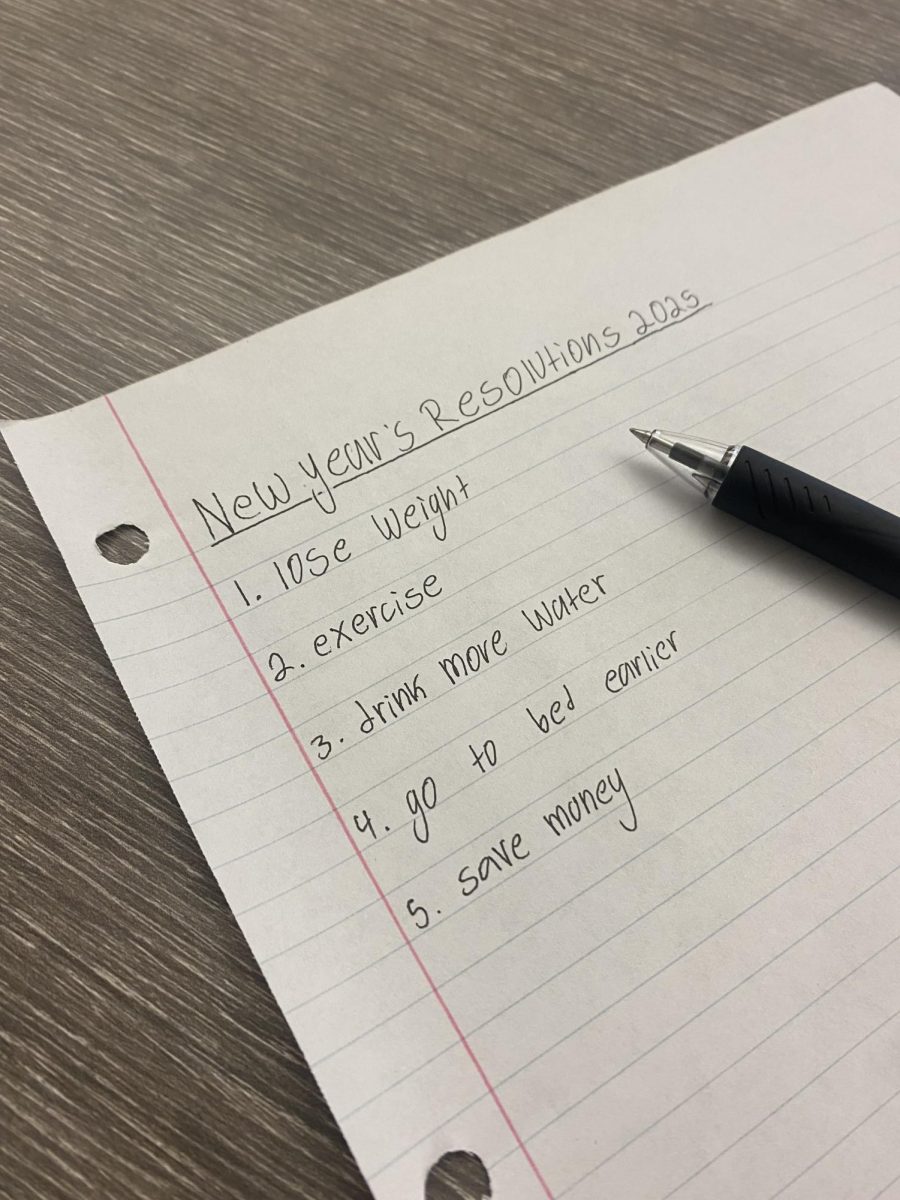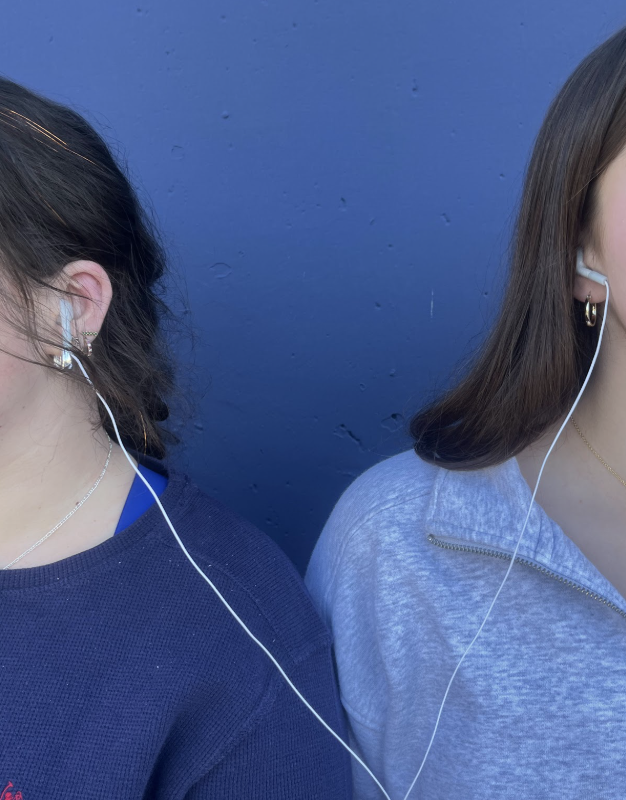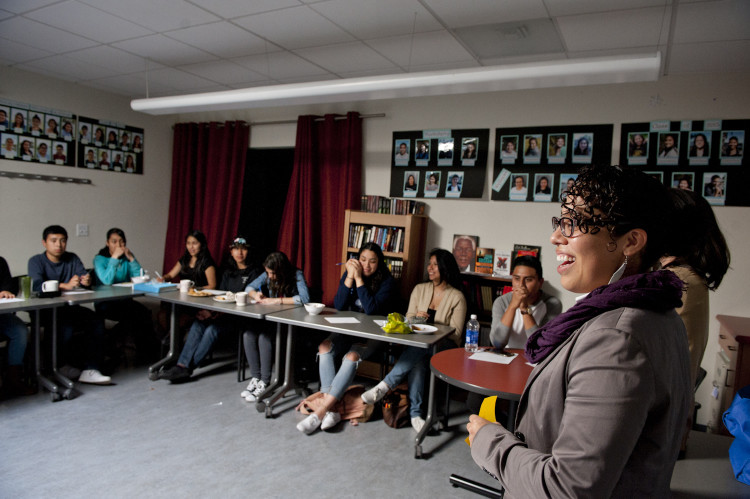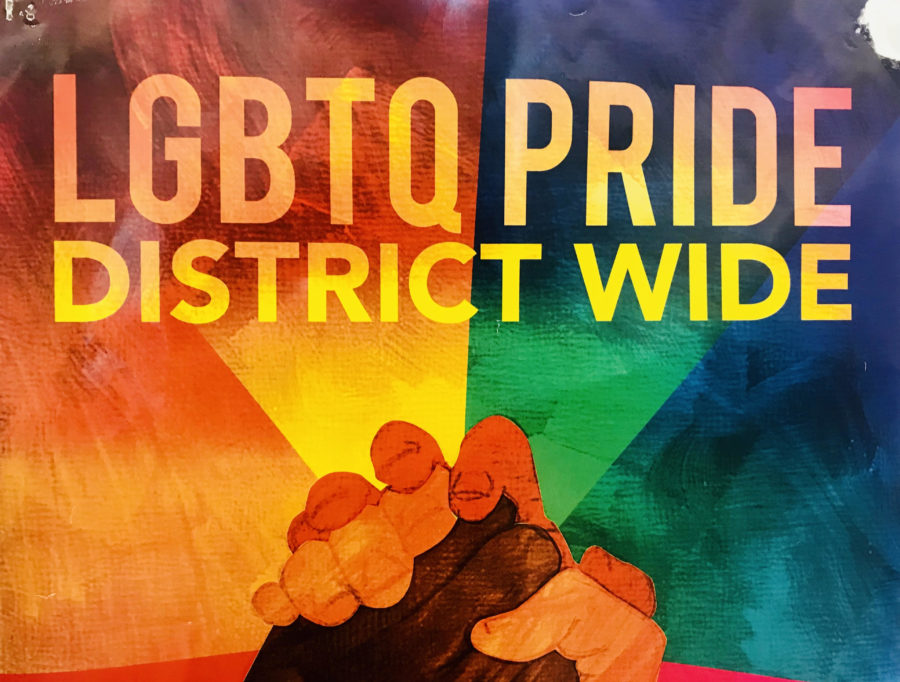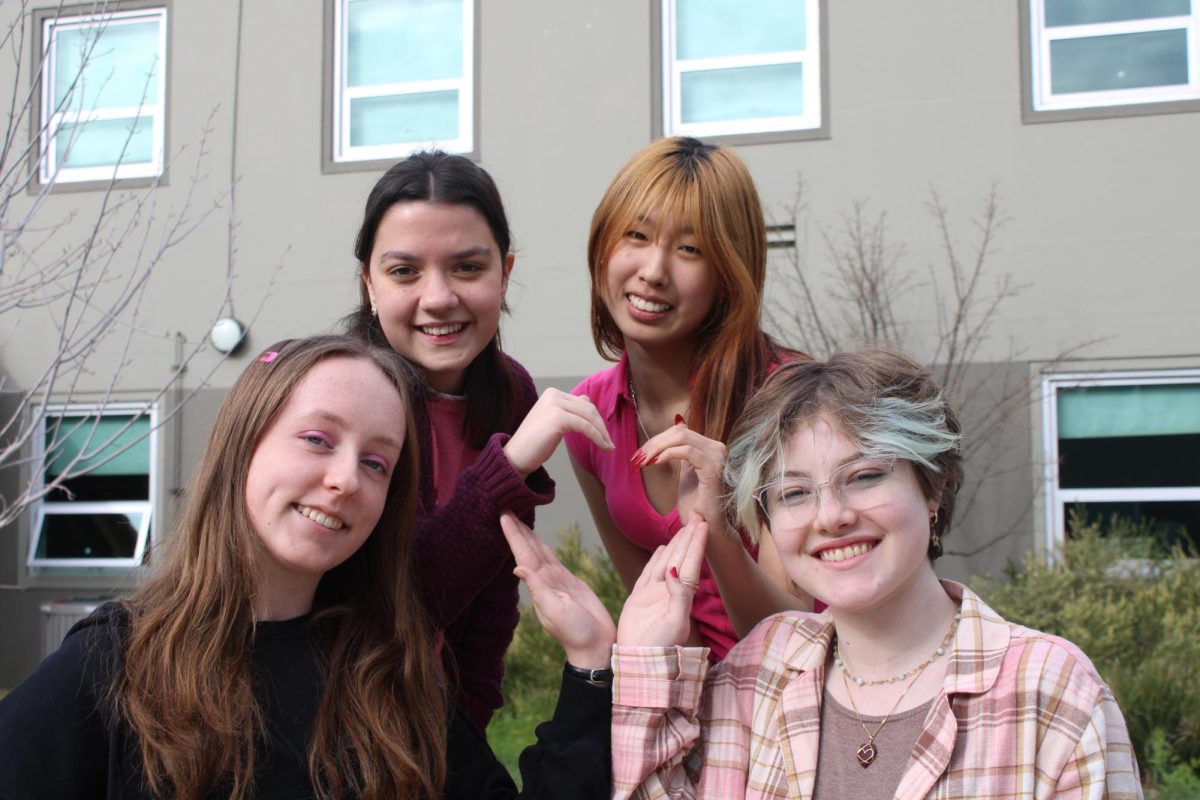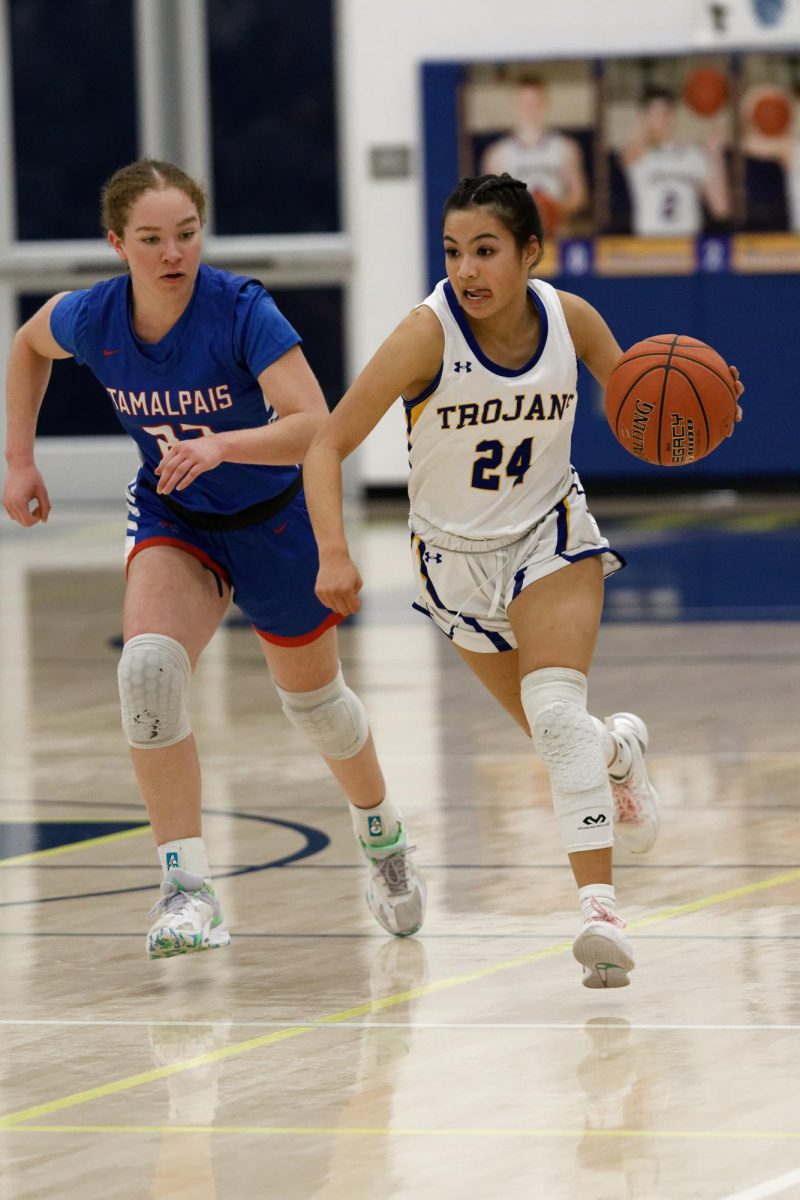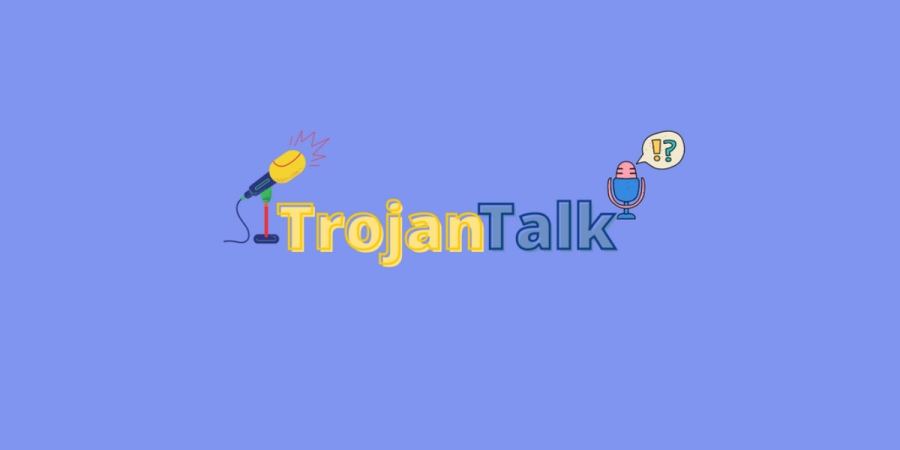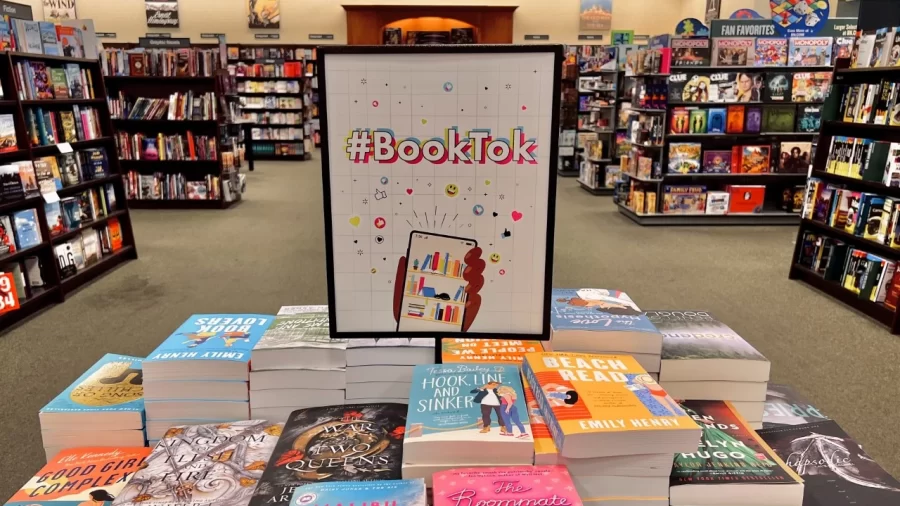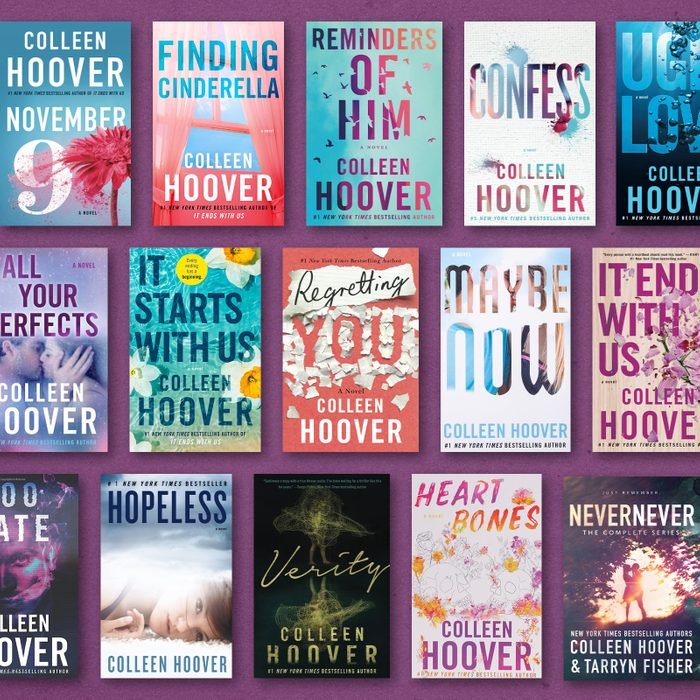When it comes to reading, there are various forms, which are mainly split into buying and borrowing books. Several Terra Linda students and staff have personal preferences in how they receive their books. When it comes to buying books, it ranges from acquiring books at book shops, and thrift stores to purchasing them online from platforms like Amazon and eBay. On the other hand, you can borrow books from places such as public and school libraries or simply from a friend.
Buying books has plenty of advantages, however, the disadvantages come with it, too. TL’s head librarian Kendra Rose states, “You can give them as gifts, you can write on them, you know, a lot of people like to have a collection too.” On the flip side, books nowadays are on the higher end price-wise. TL Freshman Lana Duca says, “It’s not sustainable to purchase every book I want to read”.
Many readers enjoy accumulating a collection of books. TL’s English teacher Emily Lichty explains that for her, one of the biggest advantages is being able to “look through what I have read throughout the years”, something that would generally be harder to do if you didn’t own any books. Lichty explains, “There’s something really special about having a collection of stories that you have read and experienced”. Additionally, when you buy a book you have the choice to use it however you want. Whether that be dog-earing pages, cracking book spines, or annotating by tabbing, highlighting, and taking notes. TL senior Devin Adelmann advocates that “The biggest pro to buying books is being able to annotate.”
Disadvantages prove to be prominent as well. Lichty states that, while she’s fortunate to have space for her books, “Buying books for a prolonged amount of time can be problematic because eventually, you run out of storage room.” Not only can space be an issue, but buying books long-term can become a financial burden in the long run. Oftentimes, people who don’t have a tendency to re-read books, don’t get the perk of being able to read books over and over again. Rose states, “The cons of buying books are that it’s really expensive, and you read a book and you’re done with it, and if it’s just sitting on a shelf collecting dust, you know, was it really worth the fifteen dollars that you spent?” However, the answer to that question truly depends on personal preferences.
Compared to purchasing, borrowing books can be much more sustainable and help you connect to the community. On the flip side, due to all the people reading them, they may not be in peak condition.
Speaking as a librarian, Rose states that a huge advantage of borrowing books is that “It’s free, it’s community-based, so going to the library and checking out books. I think it is a good experience for everyone, just to be exposed to library spaces and what’s available” Being able to connect with the reading, and book community is a huge pro to borrowing books whether that be in a public library or a friend’s personal library. Not only can it be more community-based, but borrowing is simply much less expensive, especially considering current inflation and price increases. Duca remarks, “I borrow books very freely because I know if I don’t read it, or lose interest, I can just return it at no cost to myself.”
Inversely, there can be negative notions that come with borrowing books. Adelmann raises a concern about germs being spread via these communal books explaining, “I don’t like the idea of other people touching [the borrowed books] and constantly worrying about accidentally spilling something on the book or ruining it.” When borrowing books, there’s always the possibility of causing physical harm to the book which can be stressful for some people.
A lot of times buying versus borrowing all comes down to what people have available to them, so accessibility plays a huge factor in reader’s habits. Duca believes, “Especially where we live, borrowing books is a very accessible process.” Between our school and community’s public libraries, the amount of books available to us is astronomically large. Rose explained that accessibility is very location-based, however, for TL students and staff, we have a great selection of books in our very own on-campus library. Contrastingly, Adlemann states, “I used to buy my books at Barnes and Noble in Corte Madera, but since it’s closed I’ve been buying books from Amazon”
Overall, whether people buy or borrow their books all comes down to personal preference and what they have access to. For TL students and staff, borrowing books may look like checking out books from the school library or buying books online or in a bookstore. In addition, while some have the resources to buy all their books, or borrow all their books, for most, a possible solution is a combination of borrowing and buying books. Regardless, people will always have varying opinions on how they themselves obtain their books.



